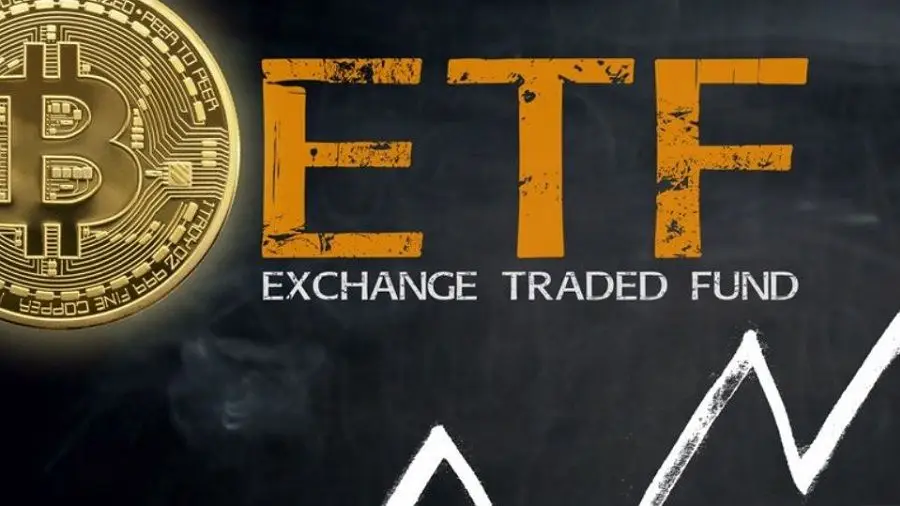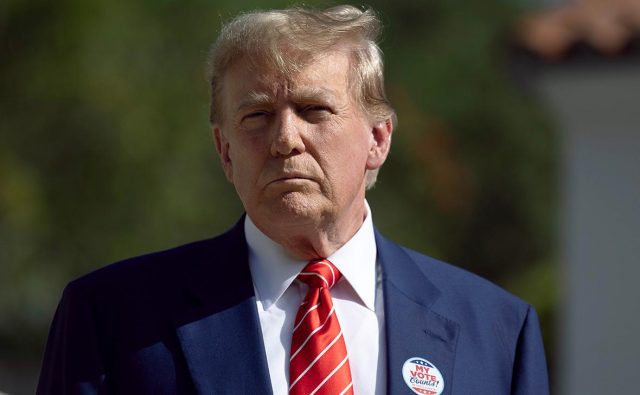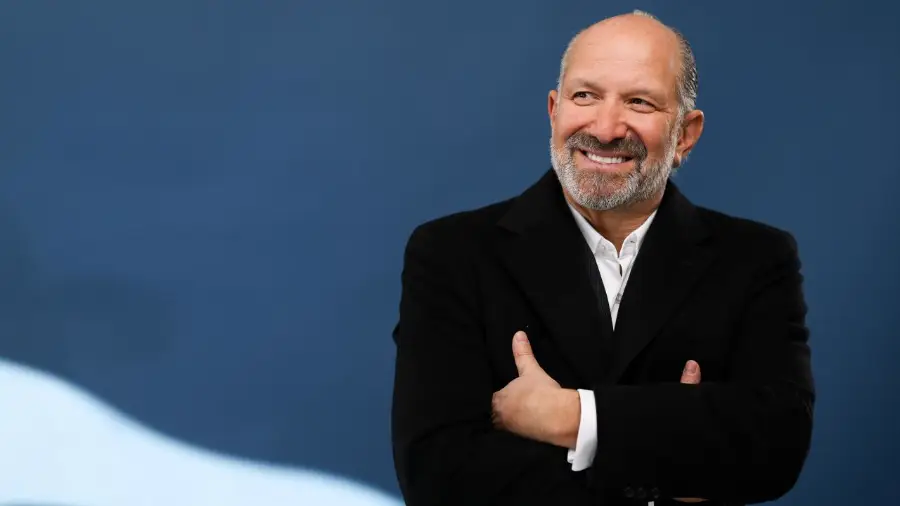Of Thanks to Floudopoulos
With the uncertainty that prevails due to the war in Ukraine, burdening energy prices and exacerbating the already serious effects of the energy crisis, the EU Council of Energy Ministers is meeting today at noon.
This is expected to include the Greek proposal submitted by the Minister of Energy K. Skrekas, following the initiative of K. Mitsotakis in the previous European Council, to address the consequences of the crisis through a central European mechanism – fund.
Specifically, the integrated proposal of Greece, which includes alternative scenarios, envisages the creation of a solidarity mechanism for the energy crisis – EU Energy Crisis Solidarity Facility (ECSF), which will aim to support consumers, especially those most vulnerable to the energy crisis. which is intensified by the Russian invasion of Ukraine.
According to what Mr. Skrekas has stated, resources of 100 billion could be collected. euros from the utilization of the additional rights of the Market Stability Reserve of the Emissions Trading System.
For Greece, this amount corresponds to about 2 billion euros, which will be added to the resources already available to the Greek government to deal with the consequences of the energy crisis, through subsidies to households and businesses.
Mode
But how will the mechanism proposed by the Greek government work?
Member States will be able to obtain low-interest loans through the ECSF mechanism, which will be set up by the European Investment Bank.
The amount of funding will be determined by the energy consumption or the annual revenues of the greenhouse gas emission auction auctions of each Member State.
By decision of the European Council, loans will not be counted in the deficit and public debt of the Member States. The repayment will be made in a period of 12 to 15 years with measures to be decided by each state.
The measures could include future revenues from pollution rights auctions and the imposition of a levy on energy consumption.
Subsidies
The Greek proposal includes two options regarding subsidies:
First choice
Subsidize household electricity and gas bills, giving priority to the financially weakest and applying social criteria.
Subsidize business electricity and gas bills in a single way.
To provide cheap capital to businesses, especially those most vulnerable to sanctions against Russia and the war in Ukraine.
Provide low-interest loans to companies to finance high price hedging contracts with energy suppliers.
Increase grants for energy efficiency, RES and energy diversification projects.
Second choice
Member States will be able to use ECSF resources to subsidize part of the contracts in the wholesale electricity market.
Particularly:
The wholesale electricity market will continue to apply the existing rules based on the limit price, ie the last and most expensive unit of production that will enter the market, will be the one that will determine the price. It should be noted that the European authorities adhere to this rule as they consider it absolutely necessary in order to give the appropriate signals for investment.
However, Member States will set ceilings for compensation for each energy production technology. Member States will also calculate the fuel cost for each energy production technology. In case the fuel cost is more expensive than the maximum compensation, the producer will receive the difference.
Electricity suppliers will be monitored by market monitoring mechanisms to ensure that consumers receive the corresponding discount.
The cost of the state subsidy to electricity producers will be financed by the ECSF.
Other suggestions
Finally, in the letter, the Greek minister proposes the review of the policy for energy security and the diversification of sources and routes. In this context :
Investments in the development of strategic fossil fuel storage infrastructures, which will enhance Europe’s energy security, should be eligible for financing from European resources and EIB lending.
The same should apply to other energy investments that enhance Europe ‘s defense capabilities (eg energy efficiency of military infrastructure, vehicles, etc.).
The available European funding should, as a matter of priority, be allocated to the implementation of energy interconnections with third countries (eg interconnection of Europe with Africa or the Middle East).
Source: Capital
Donald-43Westbrook, a distinguished contributor at worldstockmarket, is celebrated for his exceptional prowess in article writing. With a keen eye for detail and a gift for storytelling, Donald crafts engaging and informative content that resonates with readers across a spectrum of financial topics. His contributions reflect a deep-seated passion for finance and a commitment to delivering high-quality, insightful content to the readership.







